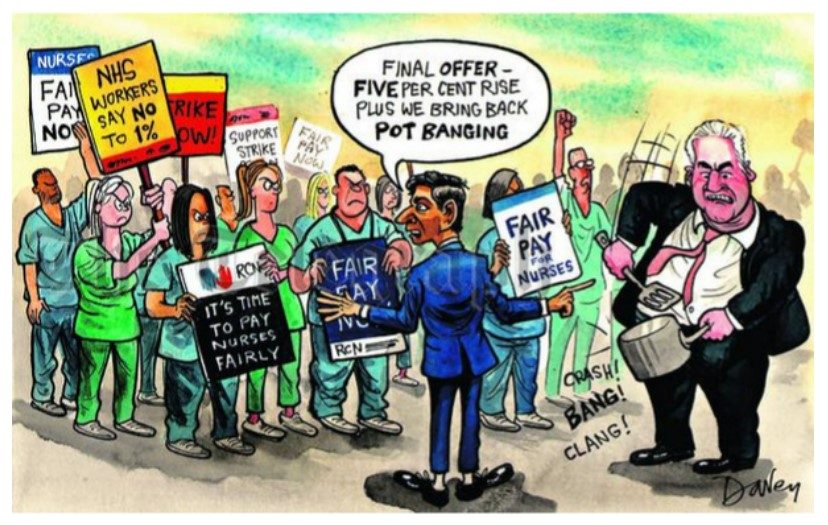Are there any products or services that are so cheap and cheerful that everyone should buy them? Eg Paracetamol? Well NHSreality concurs with the Essex and N Yorkshire decisions but asks that the rationing be consistent, universal (not post coded) and does not completely exclude GF products – simply limits them to one or two staples. This would be pragmatic rationing… It is not entirely fair, but it keeps the whole system as fair as it can be and is overt/explicit. (Honest). If we ration out the high volume and cheap we can afford more of the low volume expensive..
….Gluten in genetically predisposed individuals triggers biological friendly fire, as the immune system mistakenly flattens the lining of the small bowel.
Today it affects one in every 100 people in the western world. Unlike Dylan, the most common age of diagnosis is between 40 and 60, but it is estimated that 85% of all people with coeliac disease remain undiagnosed. The average time from presentation of symptoms to diagnosis is 13 years. Untreated, it can lead to osteoporosis, cancer and infertility.
The only proven treatment is a strict and lifelong GF diet, avoiding all food and drink containing wheat, barley or rye. Access to GF food on prescription is cited as the most important factor in keeping to a GF diet. Yet primary care trusts increasingly, and variably, ration the type, range and number of products available. Many restrict supplies to just bread and flour on the basis of wider availability in stores….
Sally Nash reported in Pulse 28th May 2015: CCG to ration range of services in cost-cutting scheme
Tom Whipple in The Times explains 8th August 2016: NHS spends £26m on gluten-free food
The NHS spent £26 million prescribing gluten-free food for people with allergies and coeliac disease last year, according to official figures.
A total of 1.7 million prescriptions were written for gluten and wheat-free products such as bread, pasta and biscuits, despite most being available in supermarkets, the Health Service Information Centre said.
These included 840,000 prescriptions for bread, at a cost of £16.7 million — about £20 per prescription. Another £2.5 million was spent on gluten-free and wheat-free pasta and £1.1 million on biscuits.
Coeliac UK, which represents sufferers of the disease, said that the cost of prescribing gluten-free products has led to a quarter of clinical commissioning groups restricting supply. In York, the group has started handing out supermarket vouchers instead.
According to the organisation a typical monthly prescription includes about a dozen gluten-free products such as bread, pasta and oats. A gluten-free loaf in a supermarket costs about £2.
Coeliac disease, in which the immune system attacks substances found in gluten, causing the small intestine to suffer damage, can be debilitating. It can cause diarrhoea, abdominal pain, weight loss and tiredness. It affects about 1 per cent of the population.
Sarah Sleet, chief executive of Coeliac UK, said she was concerned about the threat to prescriptions. “The provision of gluten-free staple food on prescription is a vital element of the support offered to all patients by the NHS and it is essential to prevent long-term damage to health,” she said.
“The problem is in supermarkets these foods can cost three to four times more. Over the year that can add up to hundreds of pounds, and that is if you can find them.
“So prescriptions play a really important role in bridging that gap.”
Ms Sleet added: “That’s why we continue to make the case with healthcare professionals about the importance of access to prescriptions.”
And comment: £80million is spent on paracetamol which is even more staggering given how cheap they are to buy over the counter. This would be a far easier and more acceptable saving
